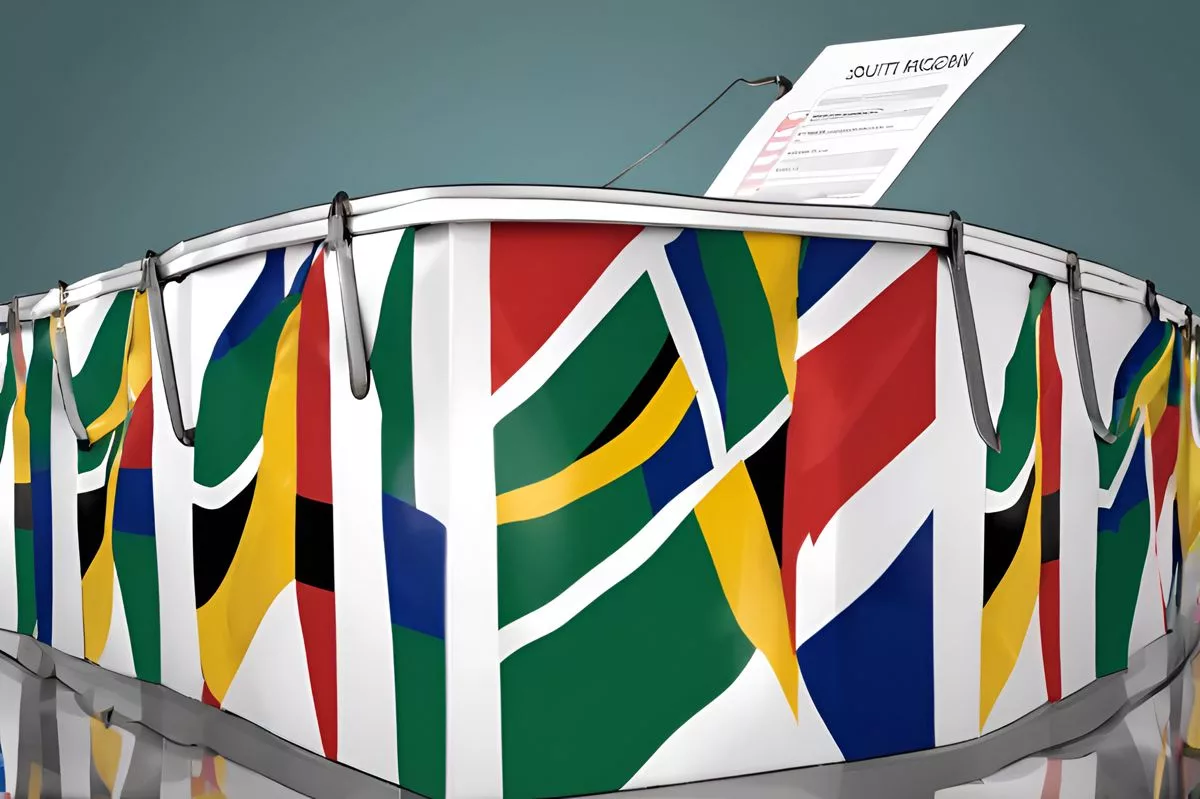The Eskom case study in South Africa examines the country’s affirmative action law and its wider implications on race and representation in the business sector. The case highlights the inadvertent contradiction within affirmative action strategies, which aim to nurture diversity and redress representation imbalances but must simultaneously refrain from establishing absolute boundaries for any racial demographic. The court case resulted in compensation for the plaintiff, but also serves as a reflection for businesses and governments globally on the fine equilibrium between diversity and equal opportunity.
What is the Eskom case study related to affirmative action in South Africa?
The Eskom case study in South Africa raises important issues concerning the country’s employment legislation, as well as wider implications on race and representation in the business sector. The case highlights an inadvertent contradiction within affirmative action strategies, which aim to nurture diversity and redress representation imbalances but must simultaneously refrain from establishing absolute boundaries for any racial demographic.
Analyzing South Africa’s Employment Law: The Eskom Predicament
The affirmative action law in South Africa is currently under the microscope due to a case related to Eskom, the country’s largest power provider. The case, initiated by AP Erasmus, a long-serving Eskom employee, raises important issues concerning South Africa’s employment legislation, as well as wider implications on race and representation in the business sector.
Erasmus, a white male, faced an unforeseen obstacle when he applied for a promotion to a managerial position within Eskom. Despite his qualifications and his superior’s endorsement, he discovered that his racial identity made him ineligible for the position. This exclusion was due to Eskom’s policy of not considering candidates from non-designated groups, in this instance, white males.
Exploring Eskom’s Diversity Policy: The Absolute Barrier
Eskom’s diversity-promoting strategy has unintentionally set up an ‘absolute barrier,’ as characterized by the Cape Town Labour Court. This barrier contravenes South Africa’s affirmative action law, which has subsequently subjected it to legal examination. Erasmus chose not to silently endure this prejudiced treatment and lodged an internal complaint with Eskom. As the issue remained unresolved, he sought justice from the Labour Court, backed by the trade union Solidarity, alleging racial discrimination.
Eskom HR manager, Valerie Dibela, defended the company’s stance, indicating that white males were already disproportionately represented at the managerial level. Further strengthening her case, Eskom contended that its policy did not contradict employment legislation, which expressly forbids ‘absolute barriers’ against any racial category. The company clarified that if no eligible applicants from under-represented groups were identified during the initial hiring phase, white employees could take part in a subsequent round.
Unpacking the Court’s Decision: The Erasmus vs. Eskom Verdict
Despite Eskom’s defense, Judge Hilary Rabkin-Naicker, who presided over the case, deemed Eskom’s justification lacking in subtlety. Rabkin-Naicker acknowledged the prejudice Erasmus experienced during Eskom’s selection process, but stopped short of mandating his promotion. Instead, Erasmus was awarded compensation in the form of 18 months’ salary.
This groundbreaking case highlights an inadvertent contradiction within affirmative action strategies. These policies aim to nurture diversity and redress representation imbalances, but they must simultaneously refrain from establishing absolute boundaries for any racial demographic. Equal opportunity should not be subject to conditions; instead, it should be a guiding principle that permeates every aspect of employment, irrespective of an individual’s skin colour.
Beyond the Court Case: Implications for Eskom and Global Corporations
Eskom, South Africa’s top power provider, is now at a critical juncture. On one side, it must strive for diversity and representation of underrepresented groups. Conversely, it must avoid setting up absolute boundaries for any racial or gender group. This key juncture necessitates a reassessment of its hiring policies and a sophisticated understanding of the environment in which it operates.
This case functions as a reflection for businesses and governments globally, displaying the fine equilibrium between diversity and equal opportunity. It serves as a reminder to all to critically evaluate our operations, ensuring they promote inclusion without inadvertently erecting barriers. The Eskom and Erasmus story extends beyond a legal dispute; it becomes a compelling tale that incites deliberation on systemic issues, demonstrates resilience, and advocates for more nuanced policy creation.
What is the main issue raised by the Eskom case study in South Africa?
The main issue raised by the Eskom case study in South Africa is related to the inadvertent contradiction within affirmative action strategies, which aim to nurture diversity and redress representation imbalances but must simultaneously refrain from establishing absolute boundaries for any racial demographic.
Who was the plaintiff in the Eskom case study and what was his complaint?
AP Erasmus, a long-serving Eskom employee, was the plaintiff in the Eskom case study. He lodged a complaint alleging racial discrimination after discovering that his racial identity made him ineligible for a promotion to a managerial position within Eskom due to the company’s policy of not considering candidates from non-designated groups, in this instance, white males.
What was the court’s decision in the Erasmus vs. Eskom case?
The court awarded Erasmus compensation in the form of 18 months’ salary. Judge Hilary Rabkin-Naicker, who presided over the case, acknowledged the prejudice Erasmus experienced during Eskom’s selection process but stopped short of mandating his promotion.
What was Eskom’s defense against Erasmus’ complaint?
Eskom’s HR manager, Valerie Dibela, defended the company’s stance, indicating that white males were already disproportionately represented at the managerial level. The company contended that its policy did not contradict employment legislation, which expressly forbids ‘absolute barriers’ against any racial category. The company clarified that if no eligible applicants from under-represented groups were identified during the initial hiring phase, white employees could take part in a subsequent round.
What does the Eskom case study mean for global corporations and governments?
The Eskom case study serves as a reminder to businesses and governments globally to critically evaluate their operations, ensuring they promote inclusion without inadvertently erecting barriers. The case highlights the fine equilibrium between diversity and equal opportunity, calling for a reassessment of hiring policies and a sophisticated understanding of the environment in which organizations operate.
What is South Africa’s affirmative action law?
South Africa’s affirmative action law aims to redress the effects of discrimination and promote equal opportunity for all citizens. It requires employers to take proactive measures to eliminate unfair discrimination in the workplace and to promote diversity and representation of underrepresented groups. The law also prohibits employers from establishing absolute barriers for any racial demographic.











